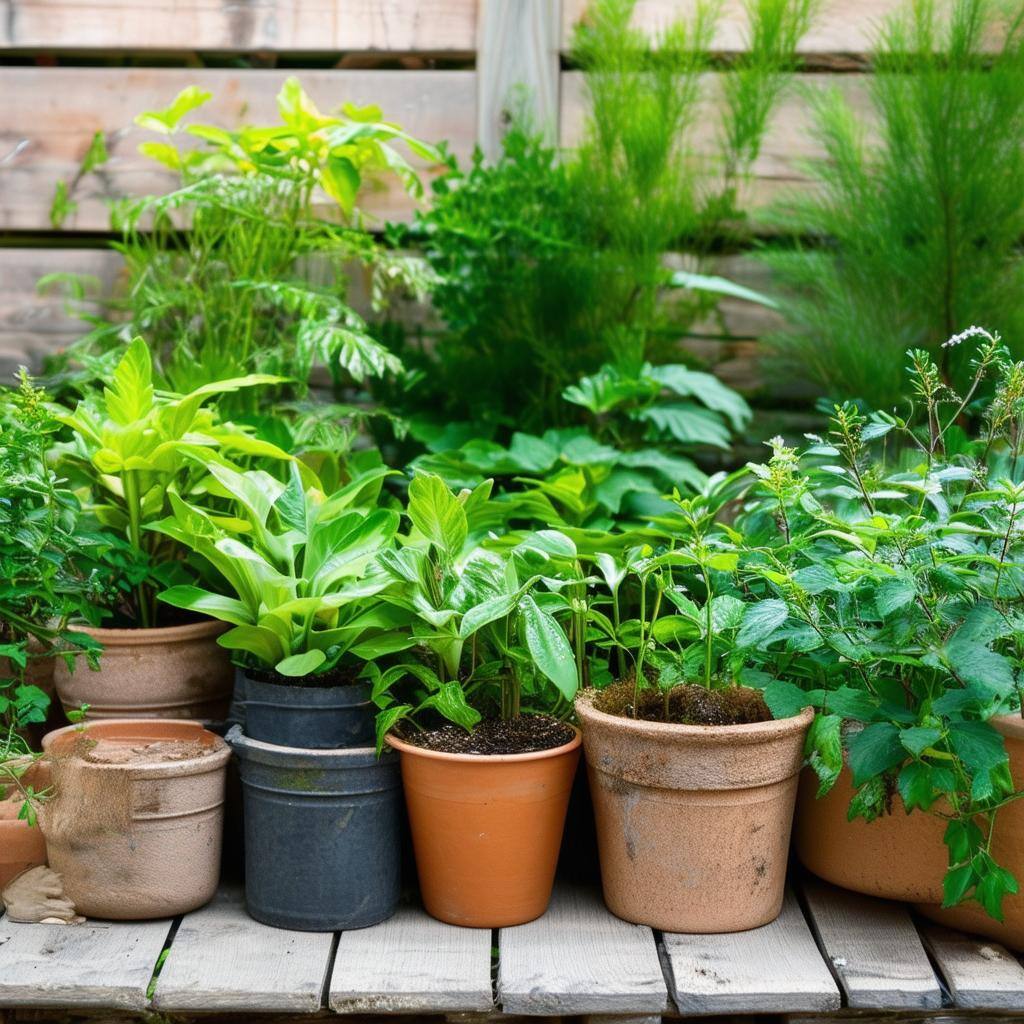Eco-Friendly Potting: Sustainable Choices for SEQ Gardeners
In the verdant landscapes of South East Queensland (SEQ), gardeners are increasingly embracing sustainable practices to harmonize their horticultural pursuits with environmental stewardship. Eco-friendly potting stands at the forefront of this movement, offering a pathway to cultivate thriving plants while minimizing ecological footprints.
Understanding Sustainable Potting
Sustainable potting encompasses the use of environmentally benign materials and methods in container gardening. This approach not only mitigates adverse environmental impacts but also fosters healthier plant growth and conserves resources.
Selecting Sustainable Potting Mixes
An eco-friendly potting mix is characterized by organic, renewable components that support plant health and soil vitality. In SEQ, gardeners have access to products like Rocky Point's Eco Potting Mix, which blends composted organic materials with essential nutrients, adhering to Australian Standards for water holding capacity and air-filled porosity.
Choosing Environmentally Friendly Containers
The selection of planting containers significantly influences the sustainability of a garden. Opting for pots made from recycled materials, biodegradable substances, or sustainably sourced wood can reduce environmental impact. Innovations such as coir-based pots and containers fashioned from reclaimed timber offer durable and aesthetically pleasing alternatives to conventional plastic pots.
Incorporating Native Plants
Utilizing native flora in container gardens offers numerous ecological benefits, including enhanced biodiversity and reduced water requirements. Species indigenous to SEQ are naturally adapted to the local climate, promoting resilience and sustainability. The "Native Plants for Indoors and Small Gardens in South East Queensland" guide provides valuable insights into suitable native species for pot cultivation.
Water Conservation Techniques
Efficient water use is paramount in sustainable gardening. Implementing drip irrigation systems, utilizing self-watering pots, and applying organic mulches can significantly reduce water consumption. These practices not only conserve a precious resource but also maintain optimal moisture levels for plant health.
Organic Fertilization and Pest Management
Employing natural fertilizers, such as compost teas and seaweed extracts, enriches the soil without introducing harmful chemicals. For pest control, integrated pest management strategies that include beneficial insects and organic repellents help maintain ecological balance and protect plant health.
Recycling and Upcycling in Potting
Creative reuse of materials contributes to sustainability in the garden. Transforming discarded items like wooden pallets into planters or repurposing containers as pots not only reduces waste but also adds unique character to the garden space.
Conclusion
Adopting eco-friendly potting practices enables SEQ gardeners to cultivate lush, vibrant gardens that align with environmental conservation principles. By making mindful choices in materials, plant selection, and resource management, gardeners can contribute to a sustainable future while enjoying the manifold rewards of their labor.




